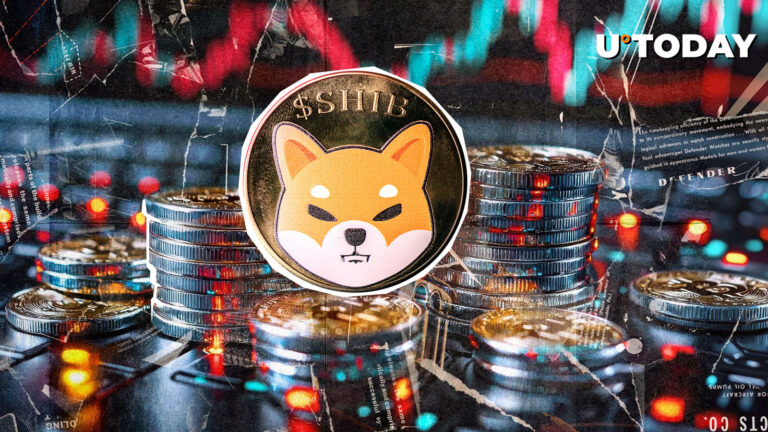Breaking News: Company Buys Back Its Own Shares – What Does This Mean for Investors?
Transaction in Own Shares
23 December, 2024
Shell plc (the ‘Company’) announces that on 23 December 2024 it purchased the following number of Shares for cancellation. Aggregated information on Shares purchased according to trading venue:
Date of purchase: 23/12/2024
Number of Shares purchased: 1,200,000
Highest price paid: £24.0950
Lowest price paid: £23.8750
Volume weighted average price paid per share: £23.9890
Venue: LSE
Currency: GBP
These share purchases form part of the on- and off-market limbs of the Company’s existing share buy-back programme previously announced on 31 October 2024.
Now, let’s delve into what this recent development means for investors and how it might impact the market.
When a company buys back its own shares, it reduces the number of outstanding shares in the market. This can have various implications for investors, depending on the motivations behind the buyback and the current financial health of the company.
One potential impact of a share buyback is an increase in earnings per share (EPS) for existing shareholders. By reducing the total number of outstanding shares, the company’s earnings are distributed among a smaller number of shares, leading to a higher EPS. This can make the company’s stock more attractive to investors and potentially boost its share price.
Additionally, a share buyback can signal to the market that the company believes its stock is undervalued. This vote of confidence from the company can instill trust in investors and attract more buyers, leading to an increase in demand for the stock.
However, it’s important for investors to scrutinize the reasons behind the share buyback. Companies may repurchase shares to offset dilution from employee stock options, return excess cash to shareholders, or manipulate stock prices. Investors should assess whether the buyback is in the best interest of long-term shareholders or if it serves short-term objectives that may not be sustainable.
Overall, a company buying back its own shares can have both positive and negative implications for investors, depending on the context and motivations behind the decision.
How Will This Affect Me?
As an individual investor, a company buying back its own shares can potentially benefit you in several ways. If the share buyback leads to an increase in EPS and share price, you may see a positive impact on your investment returns. However, it’s crucial to conduct thorough research and analysis to determine whether the share buyback is a sound strategic move by the company and aligns with your investment goals.
How Will This Affect the World?
On a broader scale, the trend of companies buying back their own shares has garnered attention from regulators, shareholders, and the public. Critics argue that share buybacks prioritize short-term gains over long-term investments in research, development, and employee compensation. This practice has raised concerns about income inequality, corporate governance, and market manipulation. As the debate on share buybacks continues, stakeholders are advocating for greater transparency, accountability, and responsibility from companies engaging in this practice.
Conclusion
In conclusion, a company buying back its own shares can have significant implications for investors and the market. It’s essential for individual investors to analyze the motivations behind the share buyback and its potential impact on the company’s financial health and share price. On a broader scale, the trend of share buybacks has sparked debates on corporate governance, income inequality, and market stability. As this practice continues to evolve, investors and stakeholders should closely monitor its effects and advocate for responsible decision-making by companies.






